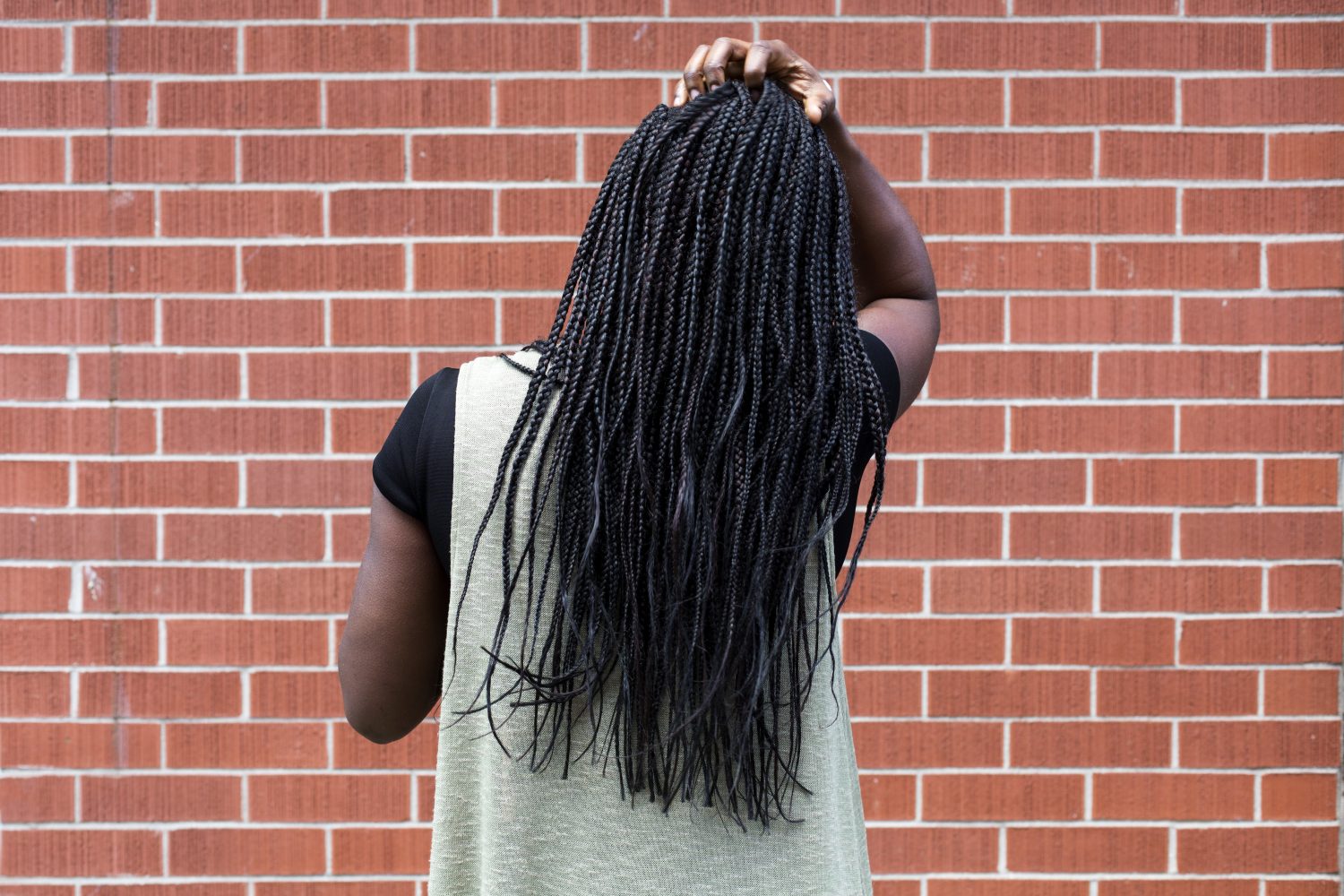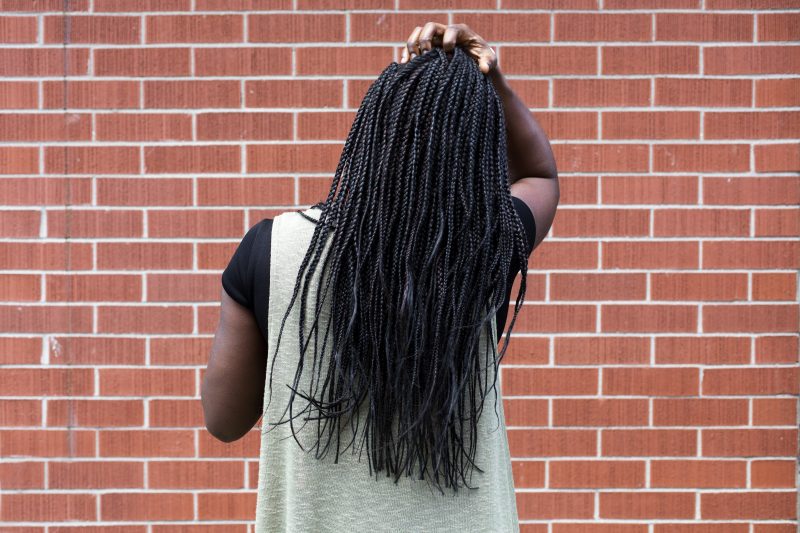Mainstream appropriation gets tangled with black culture


I don’t know about you, but earlier in September I was too busy navigating my new classes and their requirements to bother with the obvious mess of cultural appropriation that was Marc Jacobs’ Summer/Spring show.
So, a few days later, when my social media was full of articles about it, I was a tad confused—why was there so much traffic for this one man? Especially when The Blondes had done the exact same thing earlier when they presented their fall collection. Jacobs was just another insensitive and ignorant offender.
Being in the mood to procrastinate, I was sparked by a quote I’d seen from Jacobs’ hair stylist, Paolo Guido, where he listed his inspirations for the dreadlocks, which included people like Culture Club’s Boy George, but not the reggae artists that George had originally been ‘inspired’ by.
I then clicked on Jenna Rosenstein’s article in Harpers Bazaar to see another quote from Guido which outlined that Jacobs had drawn inspiration from “something so street and so raw” and that Jacobs makes it look “more sophisticated and fashionable.”
Guido had successfully erased black culture by citing those who drew (and arguably appropriated) from it, instead of the people themselves, while also calling them unsophisticated and unfashionable in the same breath. I was angry.
I waded through more articles to find that Jacobs had responded to his haters through an Instagram comment which was deleted shortly after, but had been gloriously screenshot by The Shade Room. The comment said, “and to all who cry ‘cultural appropriation’ or whatever nonsense about any race or skin colour wearing their hair in a particular style or manner—funny how you don’t criticize women of colour for straightening their hair…” I got angrier.
He continued to say, “I respect and am inspired by people and how they look. I don’t see colour or race—I see people. I’m sorry to read that so many people are narrow minded…”
Then, he went on to sprout some poppycock about ‘love being the answer.’
My guess is that, shortly after he posted this, someone quickly pulled up MTV’s Franchesca Ramsey’s video on why saying ‘I don’t see colour’ is offensive.
Unfortunately, they didn’t seem to find him a video on how to apologize, as he only apologized for the ‘lack of sensitivity’ he displayed — not the actual comment.
He claimed that straight hair is somehow equally culturally relevant to white women as dreadlocks is to black women and denied black women the autonomy of self to decide how they want to wear their hair. But worse than that, he undermined the legacy of colonialism and Eurocentric ideals of beauty forced on black women. He’s oblivious to the fact that while women like Zendaya Coleman are accused of smelling like patchouli oil and weed for wearing their hair in faux locks, he is celebrated for making this urban street style sophisticated.
In an effort to make it ridiculously easy for me to highlight how obviously unfair cultural appropriation can be, The Fates scheduled the ruling of Chastity Jones’ Civil Rights case on September 15.
Back in 2010, Jones, who had been offered a job in Mobile, Alabama, was told that her dreadlocks were against company policy as they ‘tend to get messy’ and was asked to get rid of them. When she refused, her job offer was rescinded.
As articles both praising and critiquing Jacobs were making the rounds on social media, I was downright livid.
Recently, the U.S. court kindly established that discrimination on the basis of black hair texture would be an example of what would be considered an ‘immutable trait.’ This means that African Americans can be denied work on the basis of all protective styles they use, in addition to the fact that young black students all over the world are being sent home, because natural hair is viewed as messy, unkempt, or distracting.
The legal system has not considered that having locks, braids or even a weave is equally, if not more so, a necessity rather than for style, as it is low maintenance. Having Afro hair is difficult to manage, considering that professionally-trained hair stylists are only taught to manage Eurasian hair and salons that cater to Afro hair are few and far between.
As a result, the U.S justice system should be given the title ‘Wanker of the Week,’ with Jacobs as a close second, for making decisions about something they just don’t know about.


